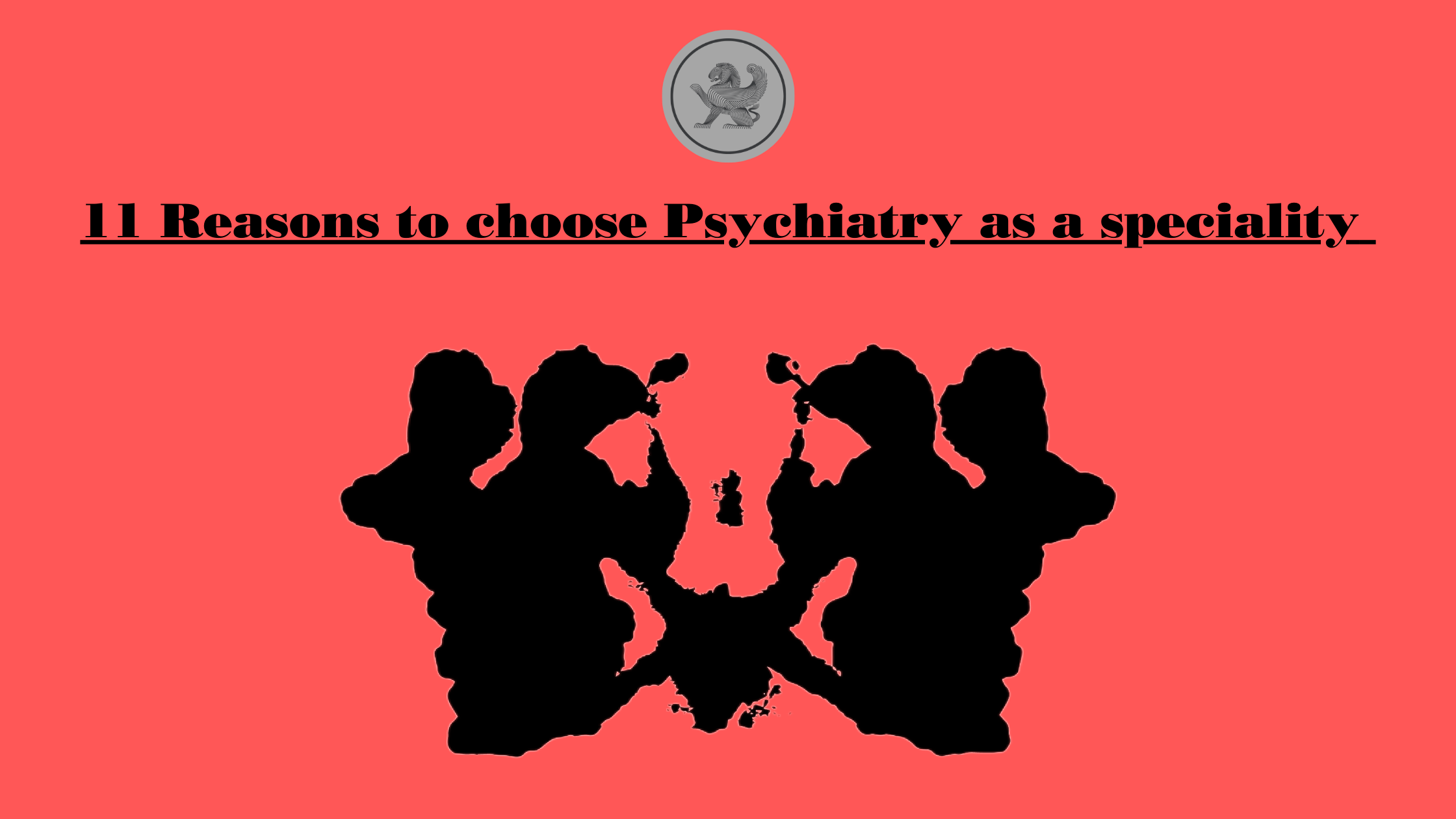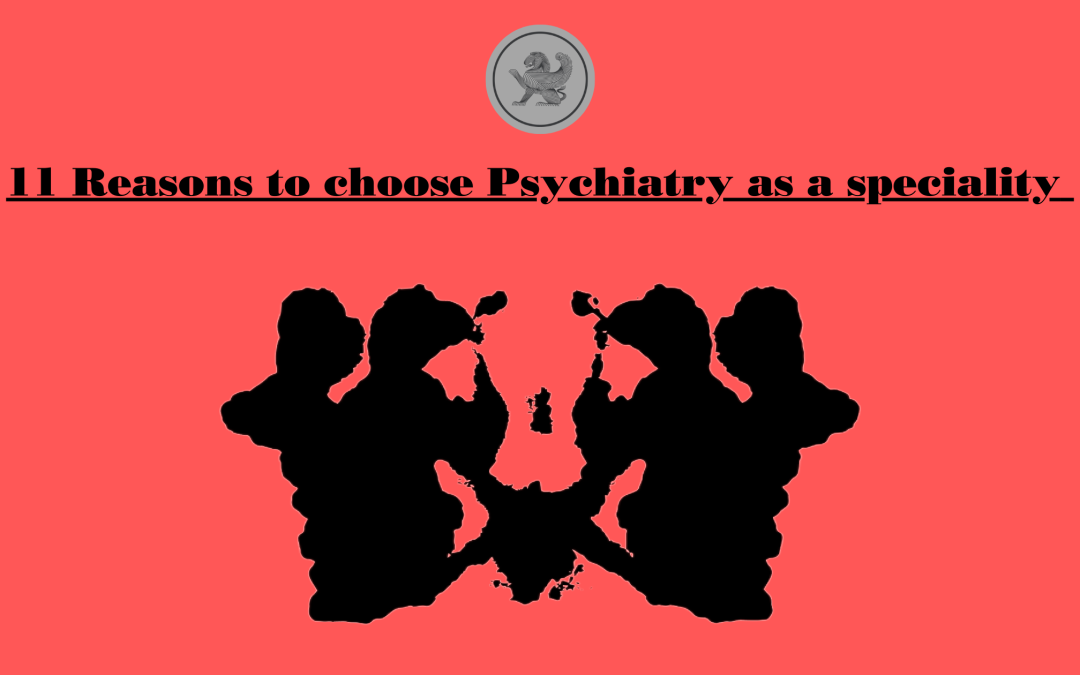CREDITS
By Dr Melane van Zyl
Choosing a specialty in medicine, including psychiatry, often comes down to a combination of personal interests, values, and experiences. Psychiatrists work in a unique medical field where they address mental health, combining both psychological and medical knowledge in their practice. Here are some reasons why doctors might choose to specialize in psychiatry:
- Interest in Mental Health:
- Fascination with the Mind: A strong interest in understanding the workings of the human mind and its impact on behaviour and wellbeing.
- Addressing Mental Health Needs: A desire to address society’s increasing mental health needs.
- Making a Difference:
- Helping Others: Wanting to assist people in navigating through their mental health challenges and improving their quality of life.
- Advocacy: Passion for advocating for mental health, reducing stigma, and promoting mental well-being.
- Diverse Patient Interaction:
- Human Connection: Valuing deep and ongoing interactions with patients.
- Holistic Care: Providing holistic care that addresses wellbeing’s physical, emotional, and social aspects.
- Challenges and Opportunities:
- Intellectual Challenge: Enjoying the intellectual challenges posed by the complexity of psychiatric disorders.
- Research Opportunities: Engaging in neuroscience, psychology, and psychiatric disorders research.
- Diverse Specialization Areas:
- Varied Subspecialties: Having a range of subspecialties to explore, like child and adolescent psychiatry, forensic psychiatry, or geriatric psychiatry.
- Multidisciplinary Approach: Working in a field that blends medicine, psychology, and social sciences.
- Psychotherapy/ psychoanalysis: another area of specialization where the focus is more on the interpersonal relationship between the psychiatrist and the patient.
- Social Impact:
- Community Impact: Playing a role in enhancing community mental health and social cohesion.
- Policy Influence: Contributing to policies and programs that address mental health at various levels.
- Educational and Teaching Opportunities:
- Academic Involvement: Engaging in academic psychiatry, teaching, and mentoring the next generation of psychiatrists.
- Lifelong Learning: Psychiatry offers continual learning due to the evolving nature of the field.
- Flexibility in Practice:
- Various Work Environments: Working in diverse settings, including hospitals, clinics, private practice, and research institutions.
- Different Working Models: Flexibility in choosing different working models like part-time, consulting, or full-time clinical practice.
- Favourable working hours: It is very rare for a psychiatrist to be called to the hospital at night. Emergency management of psychiatric patients, e.g., sedation, does not require a specialist psychiatrist.
- Addressing Health Disparities:
- Addressing Inequalities: Working toward reducing disparities in mental health care.
- Global Health: Involvement in global mental health initiatives and addressing mental health needs worldwide.
- Interdisciplinary Collaboration:
- Collaborative Work: Engaging in multidisciplinary teams alongside psychologists, social workers, and other healthcare professionals.
- Integration of Care: Promoting integrated care where mental and physical health are addressed cohesively.
- Financial and Job Security:
- Demand: There is a high demand for psychiatrists, which offers job security.
- Compensation: While it may not be the primary motivator, psychiatry provides a stable and rewarding career financially.
It’s essential to note that the reasons can be varied and nuanced, often interweaving personal, professional, and altruistic motivations. Different individuals might prioritize different aspects based on their experiences, values, and aspirations.

Share this

